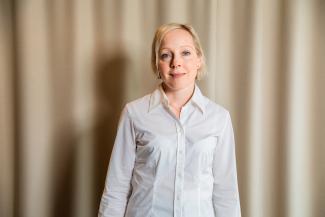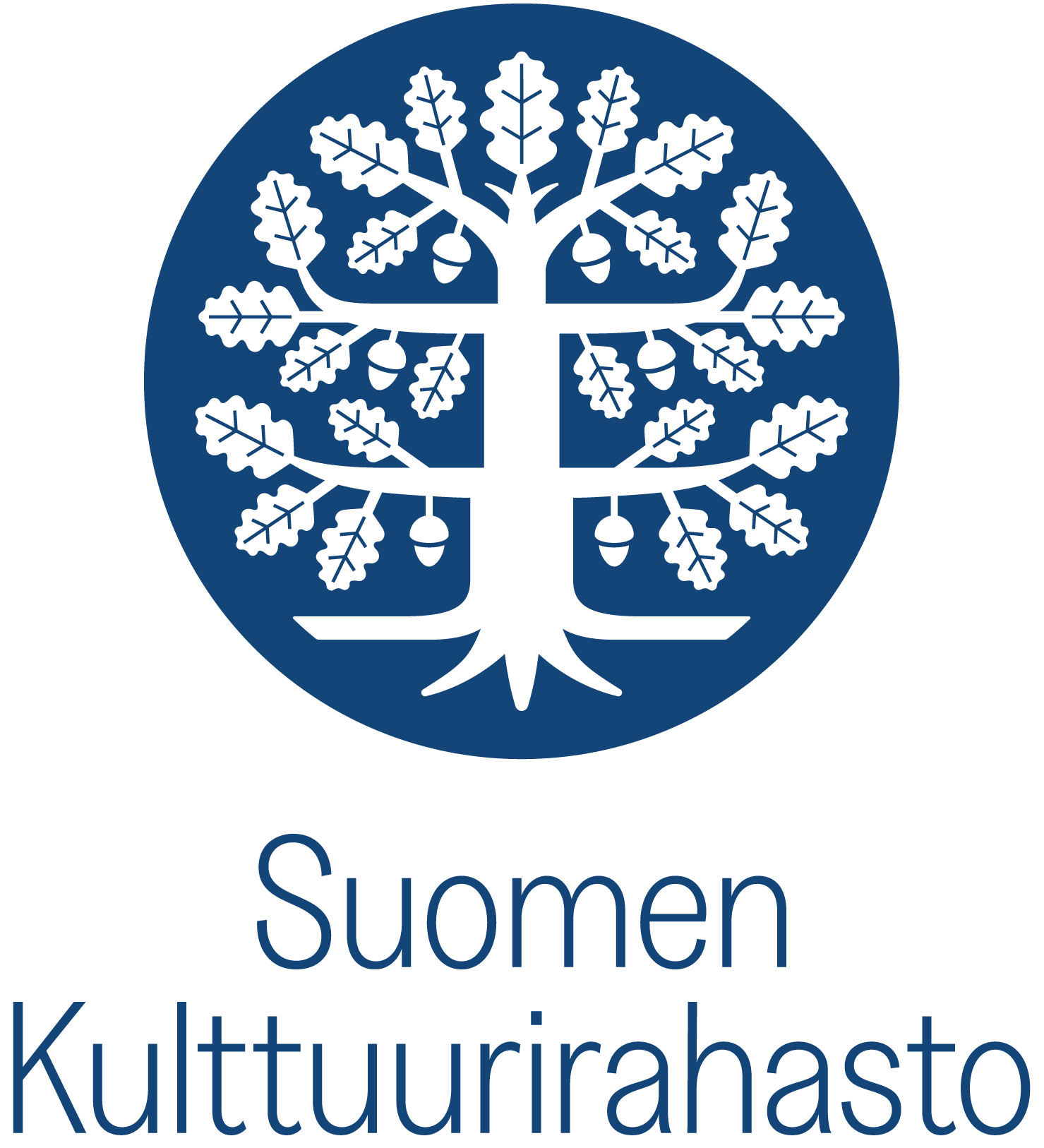
Does news media stereotype immigrants?
Research project helps journalists identify prejudices associated with immigrants.
The Future Challenges in the Nordics research project “Ethnic Stereotypes Over Time - a Nordic Comparison” examines how different groups of foreign-born people have been portrayed in Swedish and Finnish news media over time. Which stereotypes are constant and which are changing, and why is this so?
The research material consists of newspapers published in Sweden and Finland between 1955 and 2020. Machine learning software has been developed specifically for the purpose of searching through the large data set and identifying news articles about foreign-born people from, for example, the former Yugoslavia, Iran, Iraq, Somalia, Vietnam and Chile. Words associated with the different groups are compared with words associated with the words ‘Swedes’ or ‘Finns’, and in this way the specific stereotypes for each group are filtered out.
“There will be both expected and surprising results. We also expect some differences between the Finnish and Swedish newspapers”, says Moa Bursell, project manager and head of research at the Institute for Futures Studies in Stockholm.

Better understanding of stereotypes can improve journalism
The results of the research are expected to be of particular benefit to research into how ethnic stereotypes arise and change. But they may also be useful in journalism education, for example.
“Not because the project identifies journalism as responsible for the spread and maintenance of ethnic stereotypes. Journalism reflects the society and the times in which it operates. But at the same time, journalism is opinion-forming and needs to reflect on how it reports on vulnerable groups. For example, in what contexts is it necessary to mention nationality”, says Bursell.
When the final research results are published later this year, researchers will have to consider several ethically sensitive issues.
“Just as news media risk contributing to the perpetuation of stereotypes, our project risks doing the same. Talking about how groups are viewed can reinforce stereotypes instead of countering them. We hope that the project's findings will lead to a greater understanding of stereotypes as social, changing constructs that have more to do with the society that views the new groups, than with the groups themselves.”
More information about the project:
Moa Bursell, Associate Professor of Sociology and Research Leader
moa.bursell@iffs.se
Institute for Futures Studies







